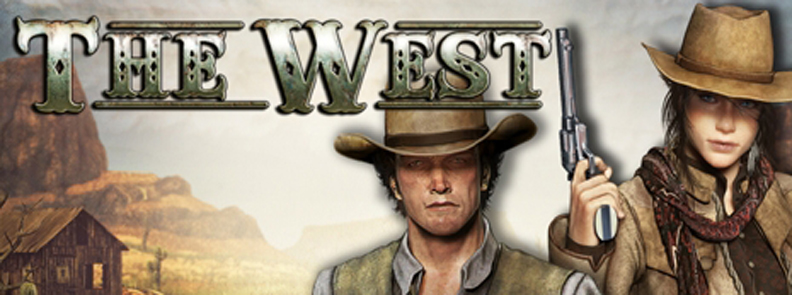


Meta kingdoms would then only be able to shift victory points away from their main kingdom or between their supporting “wings”, which would not directly affect who wins a game world.Īnother problem we observed was that kingdoms were dodging the stealing of victory points altogether.
Also, it will only be possible to steal victory points until both kingdoms are equal in points, but not more. So kingdoms will now only be able to steal victory points from higher ranked kingdoms (in terms of victory points): usually 10 points per stolen treasure, and 25 from the kingdom currently in the lead. We will therefore remove the “top ten” rule from the stealing of victory points. This obviously goes against the intention of the feature to facilitate constant competitive tension on a game world until the last moments of a round. The main kingdom was then able to “steal” victory points from them (of course, in collusion with them and without any actual resistance). To do so, the “supplier” kingdoms just had to be within the top ten of the game world in terms of victory points. One popular strategy when forming a “meta kingdom” out of multiple kingdoms all over the map was to merge victory points in the endgame. This blog post will briefly describe what we have noticed and our upcoming counter-measures. Since this feature plays an important role in creating dynamic and interesting gameplay throughout a round of Travian Kingdoms, we have decided to make some adjustments to deal with these “strategies”. The box below will appear and here you can choose how many of the Stolen Goods you would like to sell.Recently, we have been observing some forms of player behavior in which victory points are stolen in unintended ways and negative effects are even circumvented altogether. To sell Stolen Goods, click on the treasure box in your hero’s inventory and select the image of the stolen goods: This speed is no longer controlled by the merchant speed of the tribe. NOTE: Delivery speed of resources after selling stolen goods is always 3 fields per hour. Stolen goods may also be sold without a king, but they will award no wheat when doing so. Via their hero inventory, governors can then sell the stolen goods to their king in exchange for resources. Governors receive stolen goods from defeating robber hideouts and camps. Treasures, which governors have stolen from kings, will go straight into the tribute fund of the village where the attack was sent from. For every sold stolen good (see below), the king will receive one treasure in the tribute fund of the capital village of the relevant governor. A treasure and stolen goods use up the carrying capacity of one resource respectively and they both are given priority over stealing resources. In attacks against other kings, up to 33% of the treasures stored in the target village can be stolen - as long as the attacker has sent their hero alongside their troops.

The more resources a village produces, the higher the tributes will be. Tributes are produced on top of the normal production, so they will not reduce a governor’s normal production. The delivery time of these is 3 fields per hour and is not controlled by the speed of the governor’s merchants. In order to collect tributes, a king requires neither troops nor merchants. Treasures can also be stolen! In contrast to kings, all treasures from the tribute chest of governors are stolen with one attack. If you raid a governor, resources will first be taken from the tributes and only afterwards from the storages of that governor. The maximum size here is determined by the warehouses, whereas the amount of treasures is not limited. These are automatically generated by the governors and added to the coffers of the relevant villages. Kings receive tributes from their governors in the form of resources and treasures. Governors’ tributes to the king and treasures


 0 kommentar(er)
0 kommentar(er)
